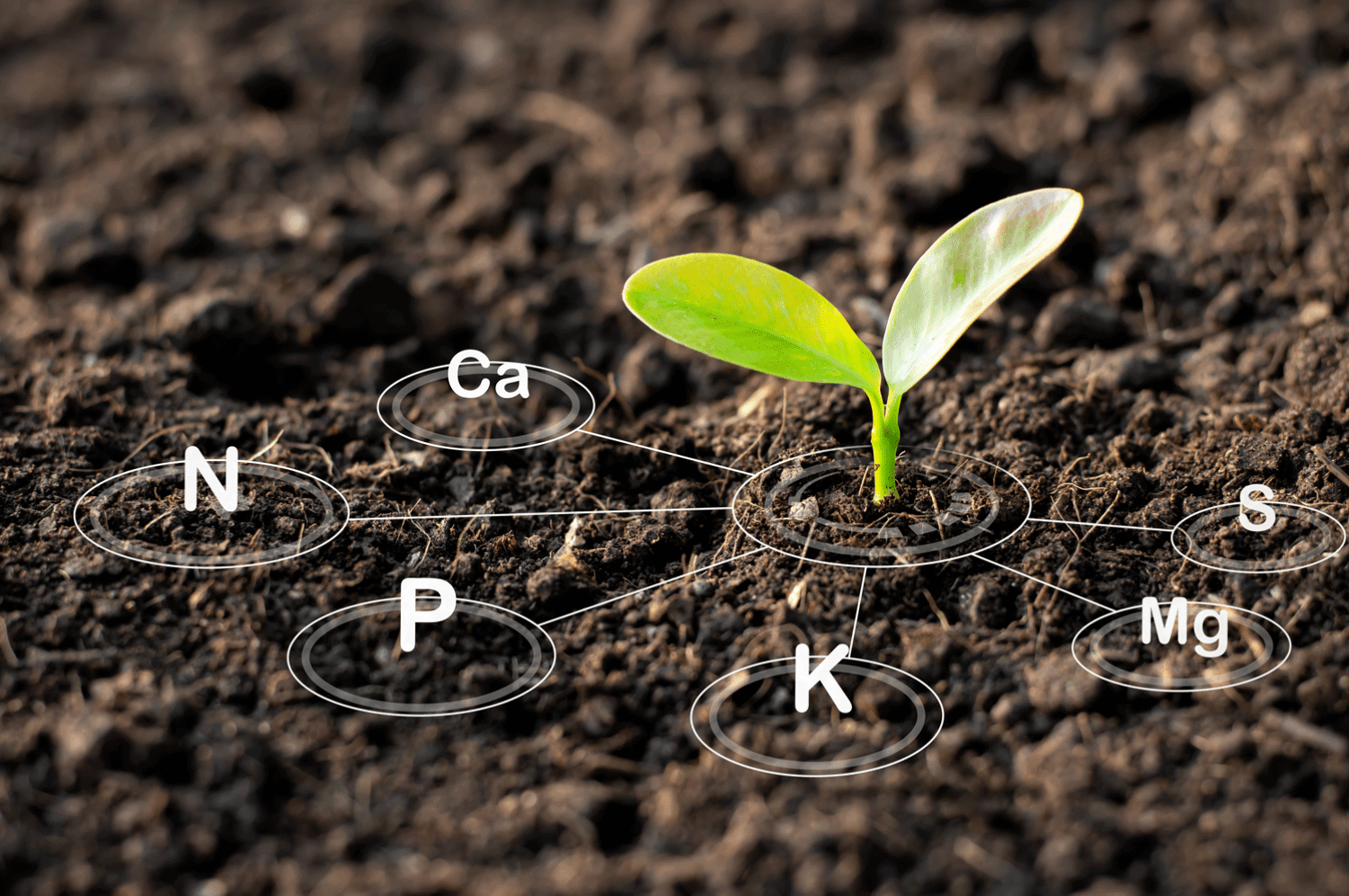Best Organic Fertilizers for Vegetables: Nourish Your Garden Naturally

Are you an avid gardener looking to boost your vegetable yield while maintaining soil health? The secret lies in choosing the right organic fertilizer. Just as a balanced diet is crucial for our health, the right mix of nutrients is essential for plant nutrition. Let's dive into the world of organic gardening and explore the best organic fertilizer options for vegetables that will transform your garden into a thriving ecosystem.
Understanding Organic Fertilizers
Organic fertilizers are derived from natural sources such as plant and animal waste. Unlike synthetic fertilizers, they improve soil health by enhancing its structure, water retention, and microbial activity. This holistic approach to plant nutrition is the cornerstone of sustainable farming.
Why Choose Organic Fertilizers?
Organic fertilizers offer numerous benefits:
- Soil Health: They enrich the soil with organic matter, improving its texture and fertility.
- Environmentally Friendly: Organic fertilizers are biodegradable and do not contribute to pollution.
- Sustainable: They promote long-term soil health and are a key component of sustainable farming practices.
- Plant Nutrition: They provide a balanced mix of nutrients that are slowly released, ensuring consistent plant growth.
Top Organic Fertilizer Options for Vegetables
1. Compost
Composting is the process of recycling organic waste into a nutrient-rich soil amendment. It's like giving your garden a superfood smoothie. Compost improves soil structure, increases water retention, and provides essential nutrients for plant growth.
How to Use Compost:
- Mix compost into your garden soil before planting.
- Apply a layer of compost around the base of your plants as a top dressing.
2. Manure
Manure from livestock is a rich source of nitrogen, phosphorus, and potassium. It's like giving your plants a protein shake. However, it's important to use well-composted manure to avoid burning your plants and to ensure it's free from pathogens.
How to Use Manure:
- Apply composted manure to your garden soil in the fall or early spring.
- Mix it into the soil before planting.
3. Bone Meal
Bone meal is a slow-release fertilizer made from ground animal bones. It's high in phosphorus and calcium, making it ideal for promoting root growth and flowering. Think of it as a calcium supplement for your plants.
How to Use Bone Meal:
- Mix bone meal into the soil before planting.
- Apply it around the base of established plants.
4. Blood Meal
Blood meal is a high-nitrogen fertilizer made from dried and powdered animal blood. It's like giving your plants a shot of espresso. Nitrogen is essential for leaf growth and overall plant health.
How to Use Blood Meal:
- Mix blood meal into the soil before planting.
- Apply it as a top dressing around the base of your plants.
5. Fish Emulsion
Fish emulsion is a liquid fertilizer made from fish waste. It's rich in nitrogen, phosphorus, and potassium, making it a well-rounded fertilizer for all types of vegetables. Think of it as a multivitamin for your plants.
How to Use Fish Emulsion:
- Dilute fish emulsion with water according to the manufacturer's instructions.
- Apply it as a foliar spray or soil drench.
Tips for Using Organic Fertilizers
1. Test Your Soil
Before applying any fertilizer, it's crucial to test your soil. This will help you determine which nutrients are lacking and which organic fertilizer options for vegetables will be most beneficial.
2. Follow the Instructions
Always follow the manufacturer's instructions when using organic fertilizers. Over-fertilizing can be just as harmful as under-fertilizing.
3. Rotate Your Crops
Crop rotation is a key practice in organic gardening. It helps prevent soil depletion and reduces the risk of pests and diseases.
4. Use Cover Crops
Cover crops, such as clover and alfalfa, can improve soil health by adding organic matter and fixing nitrogen. They act like a natural fertilizer for your garden.
Conclusion
Choosing the right organic fertilizer is essential for maintaining soil health and promoting plant nutrition. Whether you opt for compost, manure, bone meal, blood meal, or fish emulsion, each has its unique benefits that can transform your garden into a thriving oasis. By embracing organic gardening practices, you're not only nourishing your vegetables but also contributing to sustainable farming and a healthier environment.

FAQs
1. What is the best organic fertilizer for tomatoes?
Tomatoes benefit from a balanced fertilizer that is high in nitrogen, phosphorus, and potassium. Fish emulsion and compost are excellent choices for tomatoes.
2. How often should I apply organic fertilizers?
The frequency of application depends on the type of fertilizer and the needs of your plants. Generally, slow-release fertilizers like bone meal and compost can be applied once or twice a year, while liquid fertilizers like fish emulsion may need to be applied every few weeks during the growing season.
3. Can I use fresh manure in my garden?
Fresh manure can be too high in nitrogen and may contain pathogens that can harm your plants. It's best to use well-composted manure, which has been aged for at least six months to a year.
4. What is the difference between organic and synthetic fertilizers?
Organic fertilizers are derived from natural sources and improve soil health by adding organic matter. Synthetic fertilizers are chemically produced and provide a quick release of nutrients but do not improve soil health.
5. How do I know if my plants need more fertilizer?
Signs that your plants may need more fertilizer include yellowing leaves, stunted growth, and poor fruit production. A soil test can also help you determine if your plants are lacking essential nutrients.

By understanding the unique needs of your garden and choosing the right organic fertilizer options for vegetables, you can create a lush and productive space that nourishes both your body and the environment. Happy gardening!
0 Response to "Best Organic Fertilizers for Vegetables: Nourish Your Garden Naturally"
Post a Comment